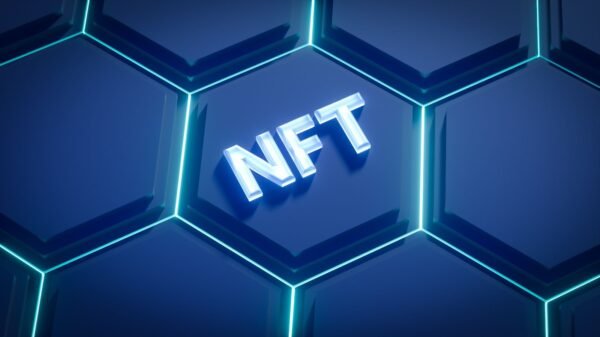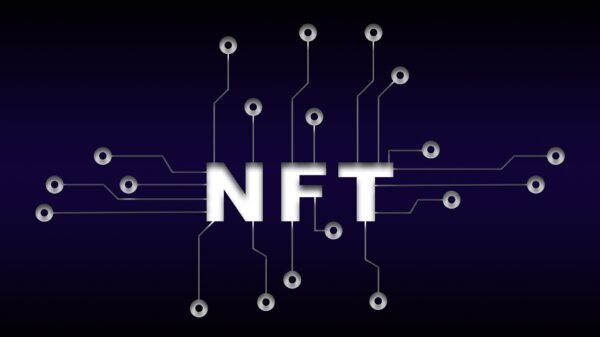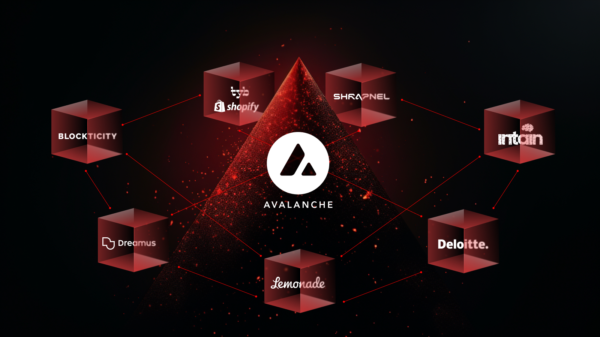What is Machine Learning and Its Impact on SEO
Machine learning in SEO, a pivotal subset of artificial intelligence, revolves around the development of algorithms capable of analyzing data, learning from it, and making informed decisions. These algorithms improve over time as they process more data, thereby enhancing their predictive accuracy and decision-making capabilities. In the realm of search engine optimization (SEO), machine learning plays a crucial role in refining search engine algorithms, significantly impacting how web pages are ranked.
Search engines like Google leverage machine learning to better understand and interpret user queries, delivering more relevant and accurate search results. Through sophisticated algorithms, machine learning can assess various ranking factors such as content quality, user engagement, and backlink profiles. This process helps in determining the most pertinent results for a given search query, thereby enhancing the user’s search experience.
One of the significant advantages of incorporating machine learning in SEO is its ability to automate numerous tasks. For instance, machine learning algorithms can identify and rectify technical errors on a website, such as broken links or duplicate content, which can negatively impact a site’s ranking. Additionally, these algorithms can analyze patterns and trends in user behavior, enabling more precise targeting and content optimization strategies.
Moreover, machine learning aids in the continuous improvement of search engine algorithms. By constantly analyzing vast amounts of data, these algorithms can adapt to new search patterns and evolving user preferences. This dynamic progression ensures that search engines remain effective in providing high-quality results, thereby maintaining their relevance and usability.
The impact of machine learning on SEO extends beyond mere automation and accuracy. By enhancing the relevance of search results, machine learning can significantly improve a website’s ranking in search engine results pages (SERPs). As search engines become more adept at interpreting user intent and delivering precise results, websites that effectively leverage machine learning techniques will likely see a substantial boost in their search rankings.
Understanding Machine Learning Algorithms for SEO
Machine learning in SEO involves the application of various algorithms to enhance website performance and search engine rankings. These algorithms fall into several categories, each with unique characteristics and applications. Among the most prominent are supervised learning, unsupervised learning, reinforcement learning, and transfer learning.
Supervised learning algorithms use labeled data to make predictions or decisions. In the context of SEO, supervised learning can help in tasks such as classifying content, predicting user behavior, and optimizing keyword strategies. By training models on historical data, these algorithms can identify patterns and trends that inform future SEO tactics. For example, supervised learning can predict which keywords are most likely to improve organic traffic based on past performance.
Unsupervised learning, on the other hand, deals with unlabeled data. This type of algorithm aims to identify hidden patterns or intrinsic structures within the data. In SEO, unsupervised learning can be used for clustering similar content or segmenting users based on behavior. By analyzing large datasets without predefined labels, these algorithms can uncover insights about user engagement and content performance that might not be immediately apparent.
Reinforcement learning is another critical component of machine learning in SEO. This type of algorithm learns by interacting with an environment and receiving feedback. In an SEO context, reinforcement learning can optimize on-page elements and user experience by continuously testing and adjusting strategies based on real-time results. For instance, it can dynamically alter site layout or content recommendations to improve user satisfaction and engagement metrics.
Transfer learning involves applying knowledge gained from one domain to another, making it particularly useful for SEO. This approach can leverage pre-trained models to accelerate the development of new SEO strategies. For example, a model trained on social media engagement data can be adapted to predict user interaction with website content, thereby enhancing personalization and engagement.
Together, these machine learning algorithms enable SEO professionals to analyze user behavior comprehensively and automate various tasks. From identifying technical issues to optimizing content for search engines, the integration of these algorithms can significantly improve the efficiency and effectiveness of SEO efforts.
SEO Applications of Machine Learning
Machine learning has revolutionized the field of SEO by automating and enhancing various tasks that were once time-consuming and labor-intensive. One of the most significant applications is in keyword analysis and prediction. Machine learning algorithms can analyze vast datasets to identify trending keywords and predict their future performance. This automation allows SEO professionals to stay ahead of trends, ensuring their content targets the most relevant and high-performing keywords. Additionally, these algorithms can assess the competition for each keyword, providing insights into which terms are worth focusing on.
Beyond keyword analysis, machine learning plays a crucial role in content optimization and recommendation. By analyzing user behavior and engagement metrics, machine learning models can suggest improvements to titles, meta descriptions, images, and videos, making them more appealing to both search engines and users. These recommendations ensure that the content is not only relevant but also engaging, thereby improving its chances of ranking higher in search engine results pages (SERPs).
On-page optimization is another area where machine learning excels. Algorithms can analyze the structure and content of a webpage to optimize meta tags, headings, and other critical elements. This process ensures that each page is fully optimized for search engines, enhancing its visibility and relevance. Similarly, machine learning can be applied to off-page optimization by analyzing backlink profiles and identifying high-quality link-building opportunities. This approach helps in building a robust backlink strategy, which is essential for improving domain authority and search rankings.
Social media presence is also crucial for SEO, and machine learning can analyze social signals to optimize content sharing strategies. By understanding what type of content performs well on social platforms, machine learning can help refine social media strategies to drive more traffic and engagement. In essence, the integration of machine learning in SEO not only streamlines processes but also provides actionable insights that can significantly boost a website’s performance in search rankings.
Challenges and Best Practices in Machine Learning for SEO
Utilizing machine learning in SEO brings forth a myriad of challenges that need careful consideration. One of the primary hurdles is the necessity for large volumes of high-quality data. Machine learning algorithms thrive on data; thus, the absence of sufficient, relevant data can hamper the effectiveness and accuracy of the models. Moreover, ensuring the quality of this data is crucial, as noisy or biased data can lead to suboptimal outcomes.
Another significant challenge is the risk of algorithmic bias. Machine learning models can inadvertently learn and perpetuate biases present in the training data, leading to skewed results that may unfairly favor certain types of content over others. This bias can undermine the fairness and integrity of search engine rankings, thereby compromising user trust.
Additionally, there is a potential for misuse of machine learning in SEO, particularly through over-optimization and manipulation of search engine results. Over-optimization can result in content that is overly tailored to algorithms but lacks genuine value for users, leading to a poor user experience. Similarly, manipulating search engine results can damage the credibility of both the content and the search engine.
To effectively leverage machine learning in SEO, adhering to best practices is essential. Firstly, utilizing high-quality data is paramount. Ensuring that the data is comprehensive, accurate, and representative can significantly enhance the performance of machine learning models. Secondly, maintaining transparency about the use of machine learning can build trust with users and stakeholders. Clear communication about how machine learning is employed and what its limitations are can foster a more trustworthy and ethical SEO practice.
Avoiding over-optimization is another critical best practice. Striking a balance between optimizing for algorithms and maintaining content quality for users is key to sustainable SEO success. Real-world applications demonstrate this balance in action. For instance, companies that have successfully integrated machine learning into their SEO strategies often do so by focusing on user intent and providing valuable, high-quality content.
Case studies highlight the potential of machine learning in SEO when applied judiciously. Businesses that have adopted these practices report improved search engine rankings and enhanced user engagement, showcasing the transformative power of machine learning when used responsibly and ethically.







































































Pingback: Dogecoin’s Meteoric Rise: All-Time High and More